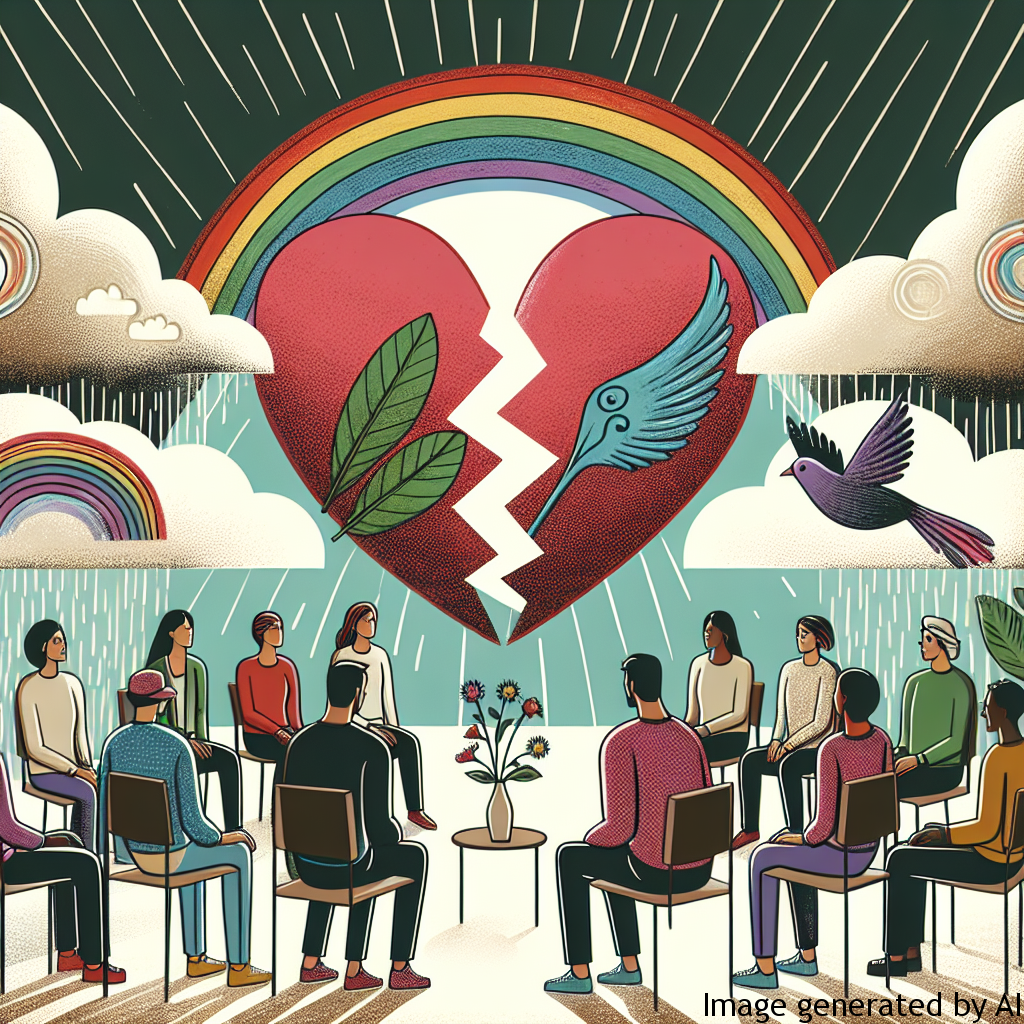Introduction
Infidelity is one of the most challenging issues a couple can face in their relationship. It creates a strong sense of betrayal and disappointment that can lead to relationship dissolution. However, the effects of infidelity do not stop at the romantic relationship and can significantly impact the psychological health of the individuals involved, particularly men. In many societies, men are socially conditioned to suppress their emotions, not revealing any weaknesses, which can exacerbate mental distress when a betrayal happens.
Gender Expectations and Their Impact on Men’s Psychological Health
Traditionally, men have been taught to be strong and unemotional, leading to an internalized belief that they should not show vulnerability. This masculine standard results in a paradoxical situation when men face infidelity, as it is an enormously emotional and painful experience.
The Expectation of Emotional Stoicism
Even in modern society, men often face the pressure to remain emotionally stoic in the face of adversity. This can lead to suppressed emotional reactions, isolation, and increased stress when infidelity is discovered. Unfortunately, the suppression of negative feelings does not result in their disappearance but may cause an increase in anxiety and depression.
The Stigma of Victimhood
Men are often expected to be competitive and successful, especially in their relationships. Infidelity may generate feelings of failure and humiliation that can be damaging to self-esteem. Many men suffer silently, thus amplifying the potential subsequent mental health consequences.
Examples of How Gender Roles Can Impact Men’s Lives
A man’s role in society and what is expected of him can largely dictate how he handles trauma like infidelity. He may not seek counseling or support from friends for fear of appearing weak or less masculine. Additionally, he may engage in unhealthy coping mechanisms such as alcohol or substance misuse to manage his emotional distress. This emotional repression can lead to a feeling of isolation, destructive behaviors, deteriorating mental and physical health, and potential consequences such as loss of job or broken relationships.
Tips for Improving Psychological Health With Respect to Gender Roles
Recognizing the harmful effects of confining gender roles, men must feel comfortable expressing their feelings and seeking help. They can do this without feeling any less masculine. Here are some steps to take:
- Seek Support: It’s crucial to understand that it’s okay to ask for help and talk about feelings. Therapy or counselling can be incredibly beneficial.
- Understand Emotions: Recognizing and reassuring oneself that emotions aren’t a sign of weakness can foster healthier coping mechanisms.
- Self-care: It is essential to take care of physical health during such times. Regular exercise, balanced diet, and enough sleep can go a long way in maintaining mental health.
- Challenge Traditional Norms: Men can start questioning and rejecting harmful stereotypes and norms that dictate they should not show emotion or vulnerability.
Conclusion
Dealing with infidelity in its aftermath requires courage, patience, and support. Men should be encouraged to express their feelings openly and seek professional help. Societal norms that discourage men from expressing emotions or appearing vulnerable are archaic and harmful. Striking at the heart of these norms can liberate men from their damaging influence and support positive mental health.

